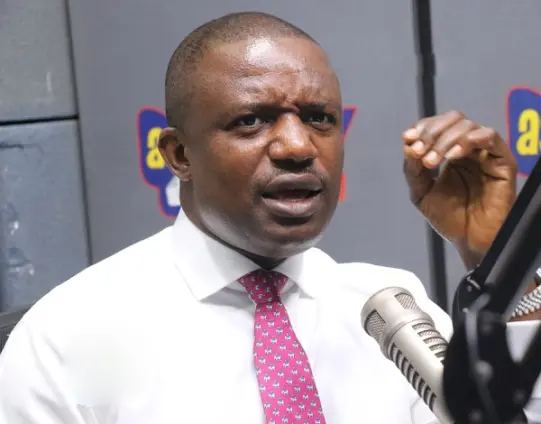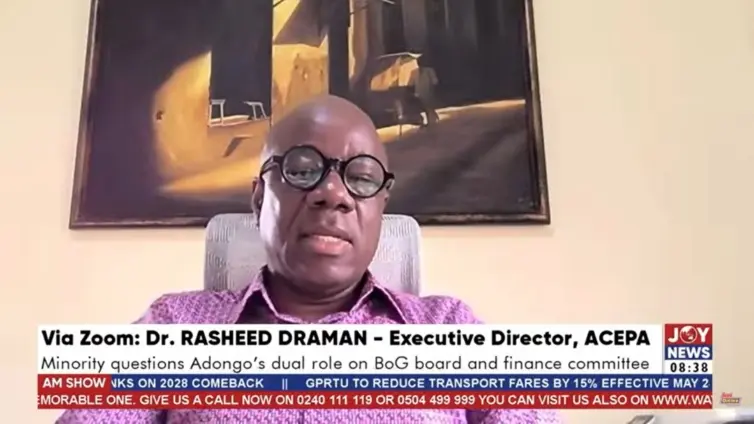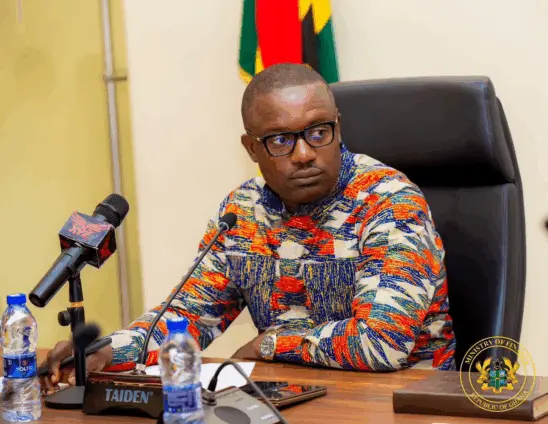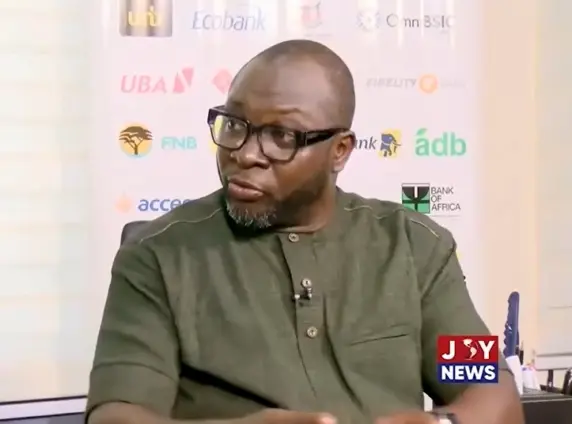Accra, Ghana – The lights could soon be going out across Ghana, not due to rolling blackouts or infrastructure failure, but a looming financial crisis threatening the nation’s energy sector. According to Ghana’s Minister for Energy and Green Transition, John Jinapor, the country faces a staggering $1.1 billion funding gap needed to secure the liquid fuel that powers critical power plants. Without this infusion of cash, Ghana risks widespread power plant shutdowns, plunging the nation into darkness and economic turmoil. The urgent need for funds to procure liquid fuel was revealed during Minister Jinapor’s address to the Parliamentary Committee on Energy, a session that painted a stark picture of the challenges facing Ghana’s energy future.
The energy crisis stems from a complex web of financial woes, including substantial debts owed to Independent Power Producers (IPPs). These debts, exceeding $1.7 billion, place immense strain on the energy sector’s already stretched resources. One major producer, Karpower, has issued a stark ultimatum: settle an outstanding debt of over $400 million by the 18th, or face a complete shutdown of its plant. The potential shutdown of Karpower’s plant underscores the severity of the situation and the immediate threat to Ghana’s energy supply.
“Karpower has just sent us a letter that by 18th, they will shut down the plant because we owe them more than $400 million. IPPs alone, we owe them $1.7 billion, and so it’s serious,” Minister Jinapor told the committee, highlighting the precarious state of the power sector.
Several factors contribute to this critical financial shortfall. The existing tariff structure omits a reserve margin, leaving the energy sector vulnerable to unexpected expenses. The Electricity Company of Ghana (ECG) also struggles with significant monthly collection deficits, amounting to approximately 2 billion cedis. Furthermore, the cost of liquid fuel, a crucial component of power generation, is not integrated into the tariff structure, forcing the central government to shoulder these substantial expenses.
“ECG is unable to collect all the monies, and so you are having a deficit of about 2 billion cedis every month when it comes to ECG’s collections. When you add that deficit and you add the fuel, which is not part of the pass-through, you are looking at over 30 billion,” Jinapor explained, emphasizing the compounding effect of these financial burdens. The need to procure liquid fuel is therefore critical to ensure the lights stay on.
Adding to these woes are Ghana’s high transmission losses, which far exceed those of developed nations. While OECD countries average transmission losses of 8-9%, Ghana grapples with a rate of 29-30%. This significant energy loss translates to wasted resources and increased costs. Compounding the problem, many companies in Ghana routinely fail to pay their electricity bills, further straining the financial stability of the energy sector.
George Kwame Aboagye noted, “Most of our companies in this country don’t pay electricity bills, a lot don’t pay, and transmission losses are also another factor which the minister has to look at,” underscoring the need for systemic improvements in bill collection and infrastructure maintenance.
Potential solutions to Ghana’s looming fuel crisis require a multi-pronged approach. The immediate allocation of $1.1 billion to procure liquid fuel is paramount to prevent imminent power plant shutdowns. Simultaneously, negotiating and restructuring the debt owed to IPPs could provide much-needed financial relief. Improving ECG’s revenue collection efficiency is also critical. By implementing stricter measures to ensure timely payments, the ECG can reduce its monthly deficits and improve its financial standing. Addressing transmission losses through infrastructure investments can also save significant amounts of energy and money, contributing to the long-term sustainability of Ghana’s energy sector.
Strict enforcement of electricity bill payments by all consumers, including large companies, is also necessary. By holding all consumers accountable for their energy consumption, Ghana can ensure a more equitable and financially sound energy system. These steps, combined with immediate government intervention, are crucial to resolving the crisis and ensuring a stable energy supply.
The energy crisis in Ghana demands immediate and decisive action. The $1.1 billion funding gap for liquid fuel, coupled with the staggering debts owed to IPPs, presents a grave threat to the nation’s energy security. Minister Jinapor’s warning serves as a call to action, urging immediate intervention to avert widespread power plant shutdowns. By addressing issues such as ECG collection deficits, high transmission losses, and unpaid bills, and securing immediate government funding, Ghana can navigate this crisis and ensure a stable and reliable energy supply for its citizens and its economy. The consequences of inaction could be severe, impacting Ghana’s economic growth and the well-being of its people.
Image Source: MYJOYONLINE






















